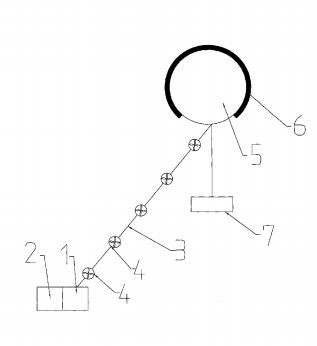Paper’s title: Comparing Patent and Scientific Literature in Airborne Wind Energy
Topic invited is to bring forward a critical analysis of the paper. Pros, cons, misses, plusses, quality, methods, biases, narrowings, …
============================== All are welcome. I have not yet marched through any exercise toward this topic. Today is my first effort toward a critical analysis of this paper. Maybe others will do some critical analysis over the paper. I will give a start herein. My start concerns what might turn out to be a minor point.
I am reading in the paper that the first patent in their view was by Dai and Dai in the 1970s. My following reference #37 that bring forward a patent that seems to fit their note https://patentimages.storage.googleapis.com/a2/d6/75/d9a6e553fb2bdb/CN206017048U.pdf
but there is seemingly a 2016 or after notation over the patent; so, I may be missing a detail. But analyzing with or without a mistake, I see an uncomfortable claim about Dai and Dai dating.

So, 1970 does not equal 2016. Do you see my error or does the paper have an error on this point?